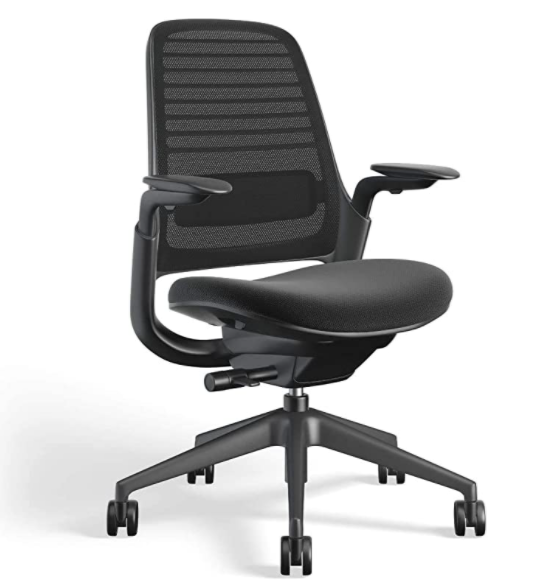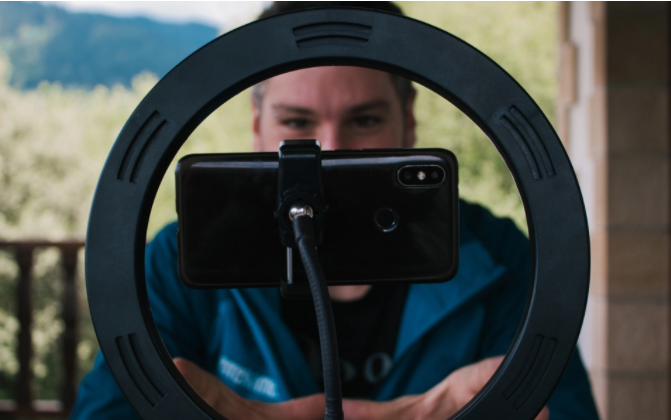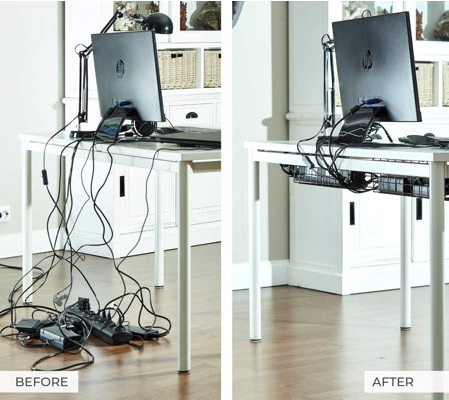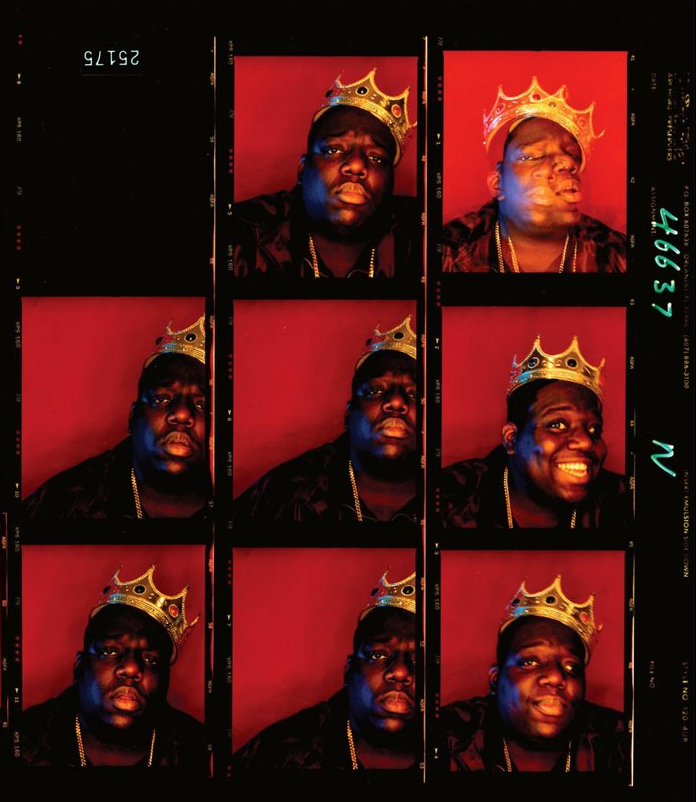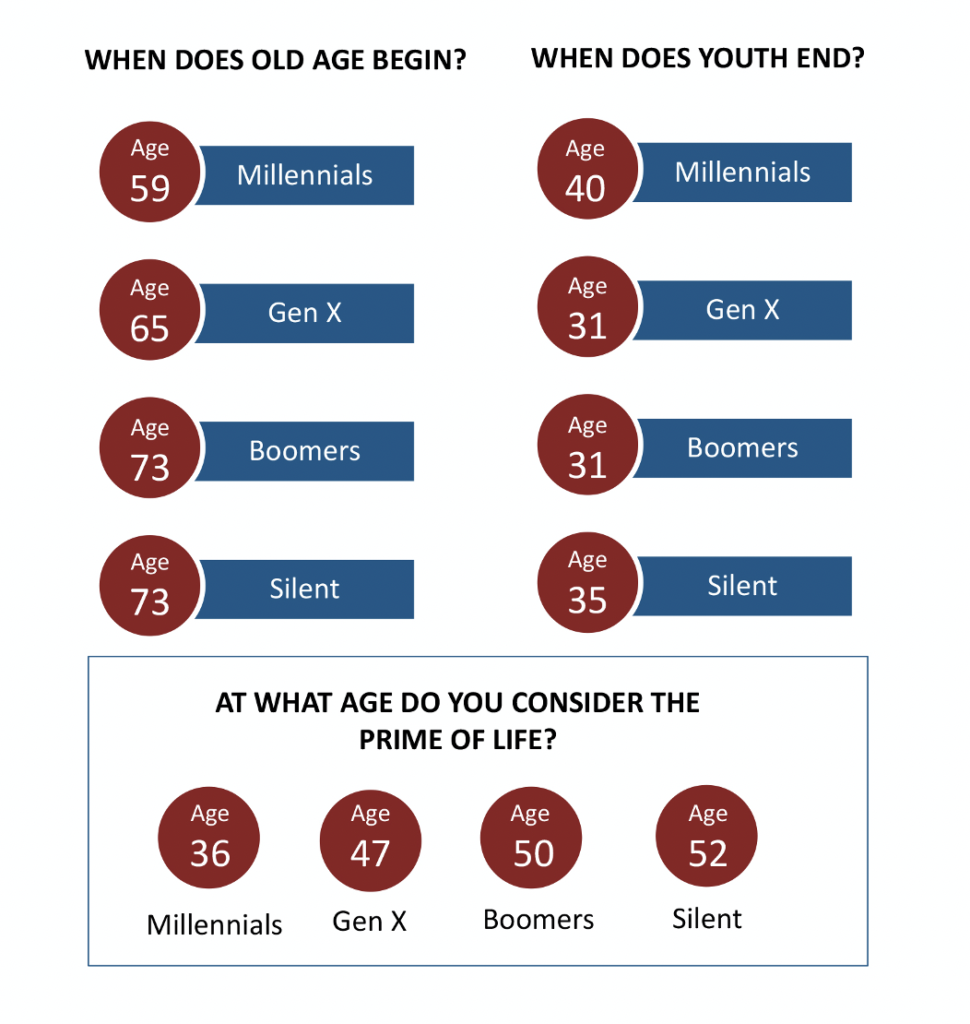Valentine’s Day is coming up in a couple of weeks. As HR pros we know what this means, which is usually a lot of unwanted advances by horny dudes who think they have a shot at the hot co-worker, who has absolutely no interest in them at all.
Welcome to the show, kids!
I’ve given out some rules in the past. Everyone on the planet has read my Rules for Hugging at the Office, but Office Romances are a little more complicated than the simple side-hug in the hallway. So, I thought I would lay out some easy to follow, simple rules for Office Romances for you to pass out to your employees on Valentine’s Day:
Rule #1 – Don’t fall for someone you supervise. If you do fall for someone you supervise, which you probably will because this is how office romances work. In that case, get ready to quit, be fired, be moved to another department, and or get the person you’re having an office romance with fired, moved, etc.
Rule #2 – Don’t fall for anyone in Payroll. When it ends, so will your paycheck. At least temporarily, and even then it will be filled with errors from now until eternity. It’s a good rule of thumb to never mess with payroll for any reason.
Rule #3 – Don’t mess around in the office, or on office grounds. Look I get it. You’re crazy in love and just can’t wait until you get home. The problem is the security footage never dies. It will live long past your tenure with us, and we’ll laugh for a long time at you. So, please don’t.
Rule #4 – Don’t send explicit emails to each other at work. It’s not that I won’t enjoy reading them, it’s that I get embarrassed when I have to read them aloud to the unemployment judge at your hearing. Okay, I lied, I actually don’t get embarrassed, but you will.
Rule #5 – Don’t pick a married one. Look I get it, you’re the work-spouse. He/She tells you everything. You get so close, you really think it’s real, but it’s not. You’ll actually see this when the real spouse shows up and keys your car in the parking lot.
Rule #6 – Don’t pick someone who has crappy performance. Oh, great, you’re in love! Now I’m firing your boyfriend and you’ll have to pick between him and us, which you’ll pick him, and now I’m out two employees. Pick the great performers, it’s easier for all of us.
Rule #7 – Inform the appropriate parties as soon as possible. Okay, you went to a movie together, not a big deal. Okay, you went to the movie together and woke up in a different bed than your own. It might be time to mention this to someone in HR if there is at anyway a conflict of some sort. If you don’t know if there’s a conflict of some sort, let someone in HR help you out with that.
Rule #8 – If it seems wrong, it probably is. If you find yourself saying things in your head like, “I’m not sure if this is right”, you probably shouldn’t be having that relationship. If you find yourself saying things like, “If this is wrong, I don’t want to be right”, you definitely shouldn’t be having this relationship.
Rule #9 – If you find yourself hiding your relationship at work, it might be time to talk to HR. We’re all adults, we shouldn’t be hiding normal adult relationships. If you feel the need to hide it, something isn’t normal about it.
Rule #10 – Everyone already knows about your relationship. People having an office romance are the worst at hiding it. You think you’re so sneaky and clever, but we see you stopping at her desk 13,000 times a day ‘asking for help’ on your expense report. We see you. We’re adults. We know what happened when you both went into the stairwell 7 seconds apart. Stop it.
There you go. Hope that helps as you prepare for Valentine’s Day!



